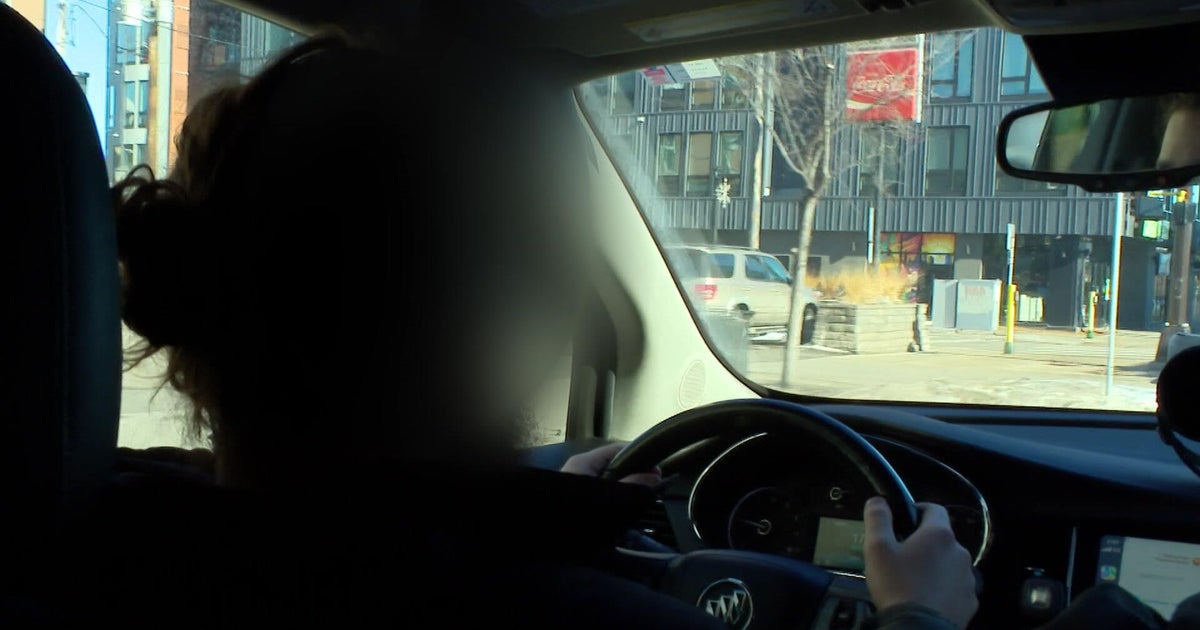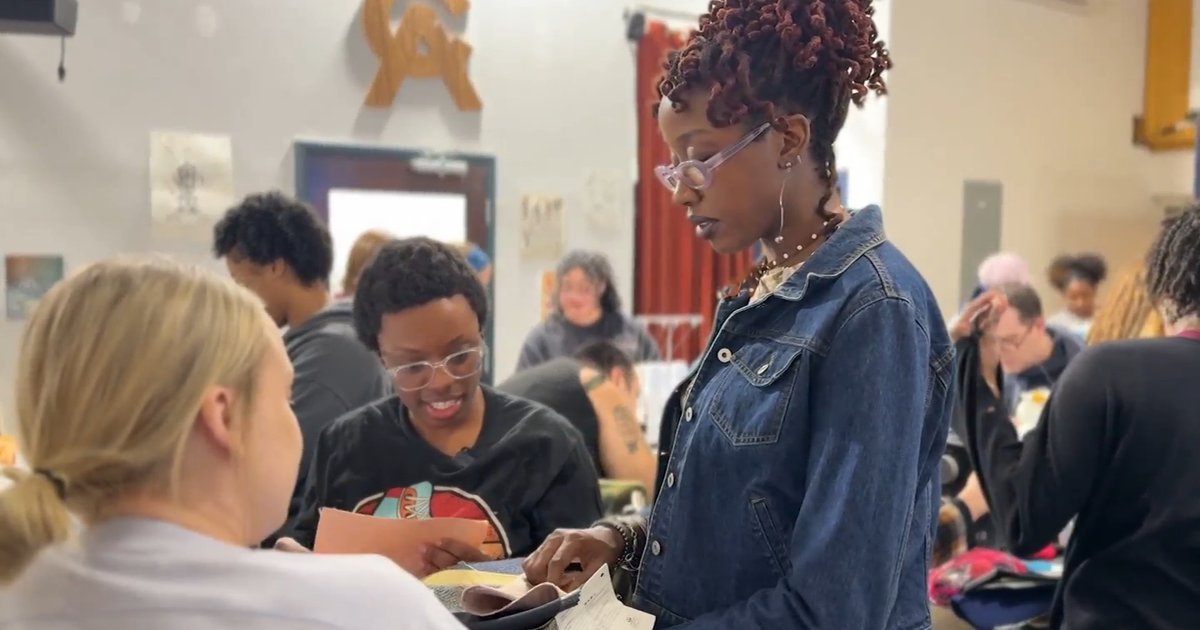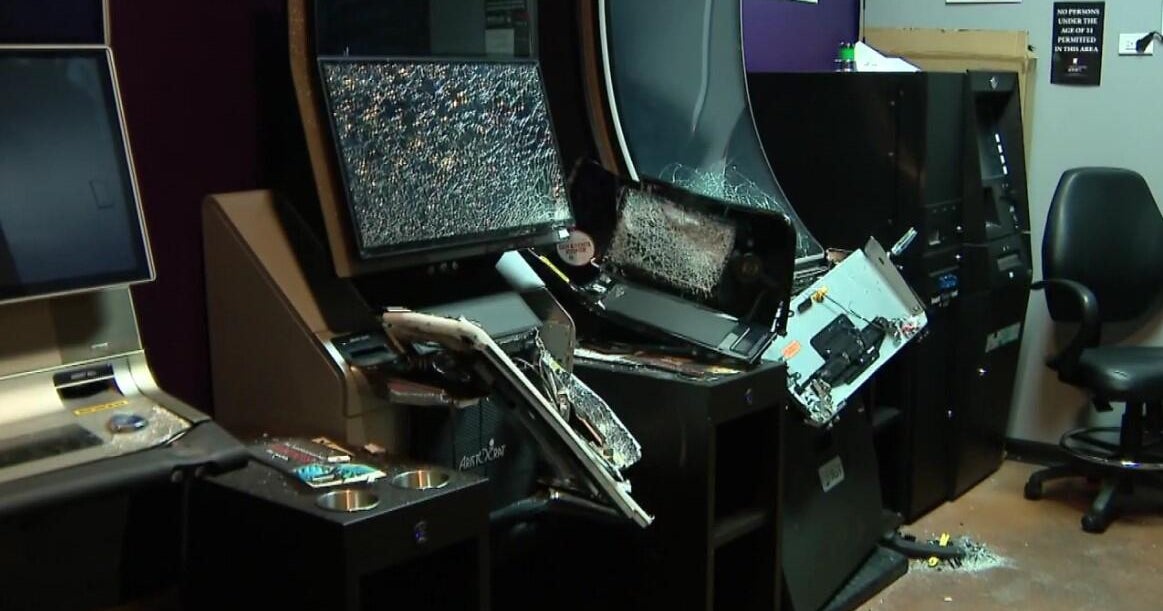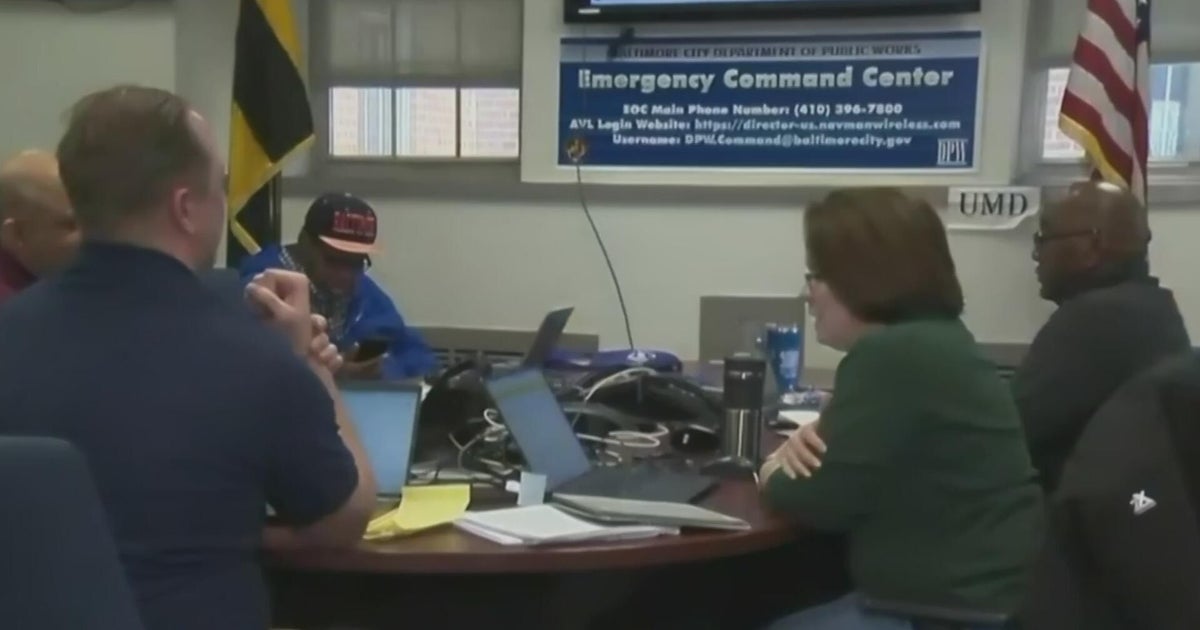Is remote work stifling creativity?
MINNEAPOLIS — The move to remote work has been a learning curve for everyone.
While Zoom meetings mimic in-person interaction — it isn't as spontaneous and some employees are having trouble connecting — and creating, virtually.
Last year, almost 34% of Minnesota workers worked remotely at least one day per week according to census data. But there are troubling signs among full-remote workers.
"People are disconnected, isolated, frustrated, not committed to the vision or the mission of the organization. I wanted to figure out what is going on," explained Peggy Kendall, professor of communication studies at Bethel University.
Kendall teamed up with one of her students, Triston Thomas, in a four month-long pilot study to find answers.
MORE NEWS: Can you guess when the first "salty" of 2024 will enter Duluth Harbor?
"We wanted to focus on this idea of psychological safety which is a sense of people not speaking out or feeling as if they can't speak out," said Triston Thomas, a graduate of Bethel University.
Which leads to another question: Does remote work stifle innovation and creativity?
"To come up with a creative idea, you have to trust that people aren't going to think, 'that was a stupid idea'," said Kendall,
In their interviews, they found a disconnect between managers and employees.
'The biggest killer of psychological safety is this feeling that my boss is too busy and that my boss is too busy for me," said Kendall.
"I don't know my boss. I don't know people around me so I don't trust them so maybe I should carry more of this workload which equals this burnout situation that's happening at home," said Thomas.
Their advice to managers in a virtual environment:
"Watch your body language and second, check in," said Kendall.
"Don't assume that everything is ok. Figure out their mental space. Ask them about life. Ask them about their children," added Thomas.
After completing their work over the summer, Thomas graduated in December and has entered the workforce.
MORE NEWS: Business licensing proposal supported by new state cannabis office sparks debate
Having conducted the study, we asked Thomas and Kendall if given the option, would they choose in person, remote or hybrid?
"Hybrid. Because you live in both worlds. I believe that no matter what I choose, we are transitioning into a world where it's remote now," said Thomas.
Kendall sees it differently.
"A lot of people are really sold on virtual work. I don't like it. I don't like it at all. Teaching virtually oh my gosh," she said.
Kendall believes any company attempting a 100% return to the office is facing an uphill battle.
She says the most talented, qualified workers want flexibility and choice.








